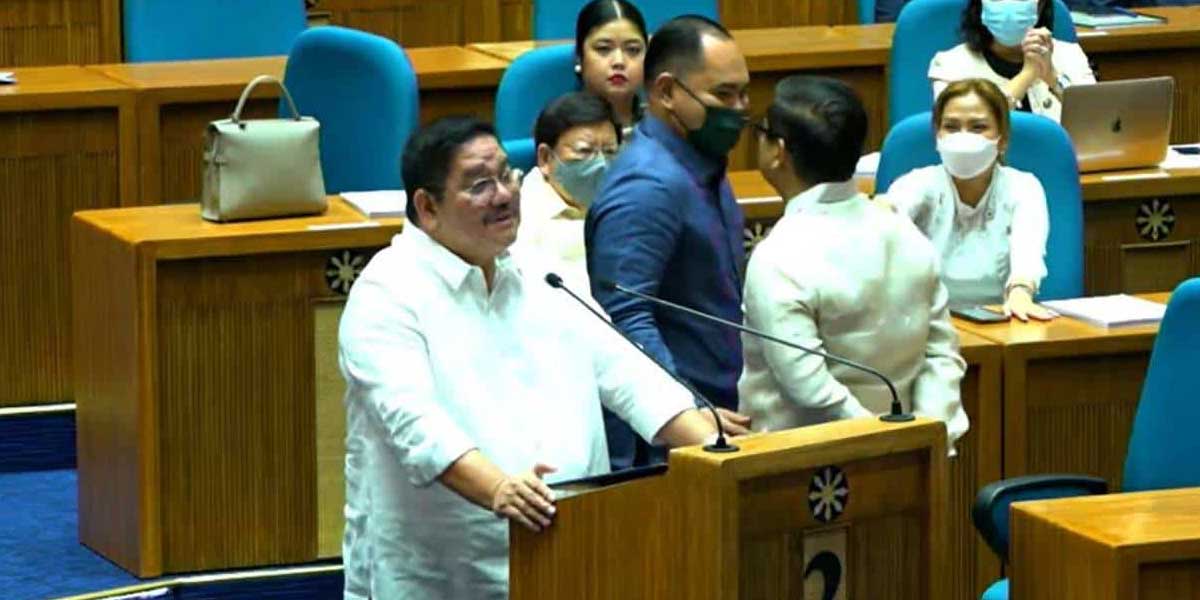By Dolly Yasa
BACOLOD City – The Save the Sugar Industry Movement (SAVE SIM) denounced the Sugar Regulatory Administration’s (SRA) proposal to allow the start of all milling operations simultaneously on September 1, instead of the customary start in August for some Negros mills.
“This is an injustice to sugar workers and small farmers who have been suffering from the long off-season since May. It has been more than two months now that sugar workers have no work while small farmers have no income. Extending the start of milling to September 1 means prolonging their hunger and their agony for another six weeks,” said Wennie Sancho, convenor of SAVE SIM.
Sancho cited that last year, the national government urged sugar farmers to mill early to address the sugar shortage.
Even Negros Occidental governor Bong Lacson and Vice-Gov. Jeffrey Ferrer endorsed the move.
Sugar farmers and millers heeded the call to address the sugar shortage, and dutifully milled their canes early Sancho pointed out.
SRA records indicated that URC-Ursumco and URC-La Carlota started milling on August 8, 2022, Victorias Milling Company and Hawaiian-Philippines on August 15, and Sagay Central on August 28.
All other mills started operation on September 1 onwards.
“Due to early milling, farmers also planted their canes early. Thus, the canes are already mature and ready for harvest by August. Delaying the harvesting and milling of the canes until September 1 will cause the canes to become overripe, thus reducing the amount of sugar that the canes can yield,” Sancho pointed out.
“This is grossly unfair to sugar farmers, particularly the marginal agrarian reform beneficiaries, who have been looking forward to milling their canes and earning some income starting August. This is added cruelty on sugar workers, who have been enduring unemployment and hunger for several months now due to the unusually long tiempos muerto,” he added.
Tiempos Muerto or the dead season in the Philippines’ sugar bowl is a period between the planting and harvesting of sugarcane.
Sancho explained that if SRA really wanted to synchronize the mill opening to September 1 for whatever reason, “SRA should have announced it earlier and SRA should have made the change gradually over a span of two or three years, so that farmers and workers will be forewarned and they will have enough time to prepare for the changes.”
According to Sancho, SRA should allow mills to start early so that farmers can also mill early and more sugar can go to the market.
“If the milling starts simultaneously on September 1, farmers will experience a bigger problem in looking for laborers to harvest their canes, because there will be an abnormally high demand for farm laborers, who are already in very short supply,” he added.
“Late milling favors only the importers who possess all the sugar stocks now. Some people might misinterpret that SRA insists on late milling to provide a justification for the 150,000 mt importation and to provide a favorable scenario to bring high prices for the 150,000 mt additional importation,” he cautioned.
“To demonstrate SRA’s concern for small farmers, sugar workers and consumers, SRA should allow early milling. Otherwise, some people might think that SRA is artificially tightening the domestic sugar supply to favor the importers and traders,” Sancho further said.




